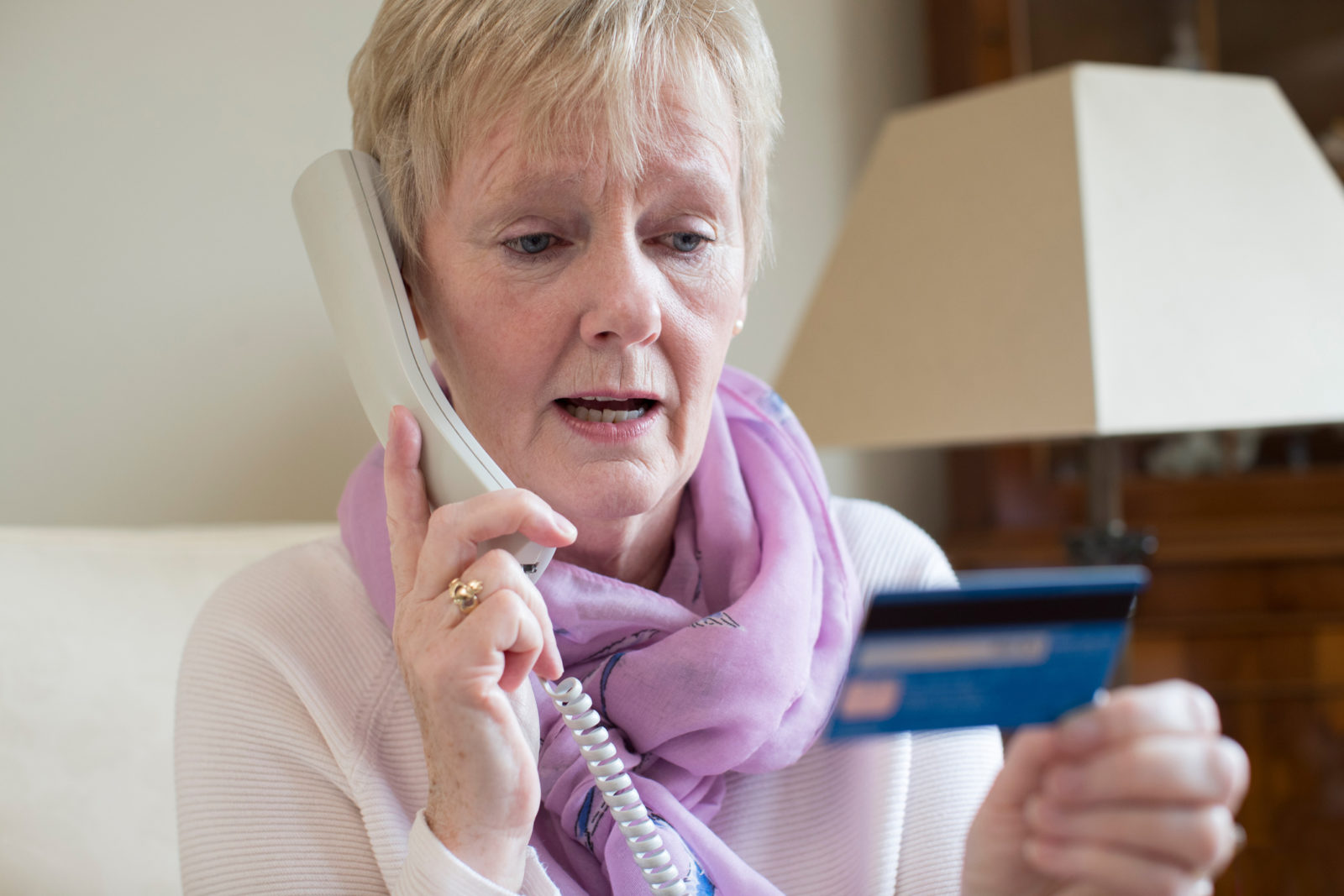Protecting Older Americans from Financial Fraud

Financial fraud is the fastest growing form of elder abuse. The American Journal of Public Health estimates that 5.4 percent of older adults experience some form of fraud each year, but this is hard to gauge, as many fraud crimes go unreported. According to Bloomberg, seniors lose $37 billion to financial fraud each year.
To understand the problem, it helps to know why seniors are targeted in the first place. There are numerous reasons why thieves focus their attention on the elderly:
- Most seniors were raised to be polite, so it’s hard to say “no.”
- Seniors often have money set aside in savings and retirement accounts.
- Seniors may have memory issues, making it more unlikely they’ll report the crime.
- Many seniors are lonely, making them more susceptible to a friendly stranger.
- Seniors tend to give people the benefit of the doubt.
When you understand what makes them vulnerable, you can help protect their weak spots. Suggest ways to make funds less readily available, such as safe investments. You can also suggest that you be added to their bank accounts, explaining that this way, you can pay their bills, etc. should they ever become incapacitated. This would allow you to monitor their account for any large expenditures.
Here are just some of the scams that scammers use to target the elderly:
Telemarketing scams
This is one of the most common scams and is popular because these scams are very difficult to trace. The caller may suggest that the senior has won a prize or money and they just need to pay a “handling fee” or good faith payment in order to claim their prize. Or a phony charity may solicit a contribution after a natural disaster. The best rule of thumb to protect yourself is never purchase anything or give your credit card number or bank account number to an unsolicited caller. If you’re interested and think it may be a legitimate call, have the person send you something in the mail.
Email/phishing scams
These scams are particularly dangerous as the email may come from an institution you recognize, such as your bank, your internet service provider or even your alma mater. The email may ask the person to provide private information such as account numbers and passwords. The best way to protect yourself is if you receive an email asking for personal information, don’t reply and call the institution to see if the email is legitimate.
The grandparent scam
This scam is so simple, it’s hard to believe it works. Scammers will call their target, pretending to be a grandchild. They will say they’re in some kind of trouble (they’ve been arrested, in an accident or are stuck in a foreign country). They need cash immediately, sent via Western Union or a MoneyGram. Or they may refer the grandparents to an attorney or doctor, who turns out to be an accomplice in the crime. And the last plea from the scammer is “Please don’t tell Mom or Dad!”
How to protect someone you love
There are several things you can do to protect an elderly loved one. We mentioned ways to protect their funds above. As loneliness is a risk factor for being scammed, encourage your loved one to become more social – have them visit their local senior center for events or take them out with you when you go to a movie or out to dinner. If they live in a senior living community, make sure they’re taking part in the daily activities offered and are making friends and spending time with them.
You can also educate elder loved ones about the dangers before they become a victim. While this can be tricky – you don’t want your loved one to be insulted – there are some ways to ease into the conversation. One way is to share your own experience of being scammed or that of others you know and say, “Don’t let this happen to you!” Or invite your loved one to watch this great video with you.
If your loved one does fall victim to a scam, don’t scold them or ask how they could be so stupid. Doing so will only make it less likely they will share with you in the future. Instead, make sure they report it and let them know that there are millions of others who have experienced the same thing and work with them find ways to ensure it doesn’t happen again.
![Charlesgate [logo]](https://www.charlesgate.net/wp-content/uploads/sites/218/2016/12/logo-new.png)